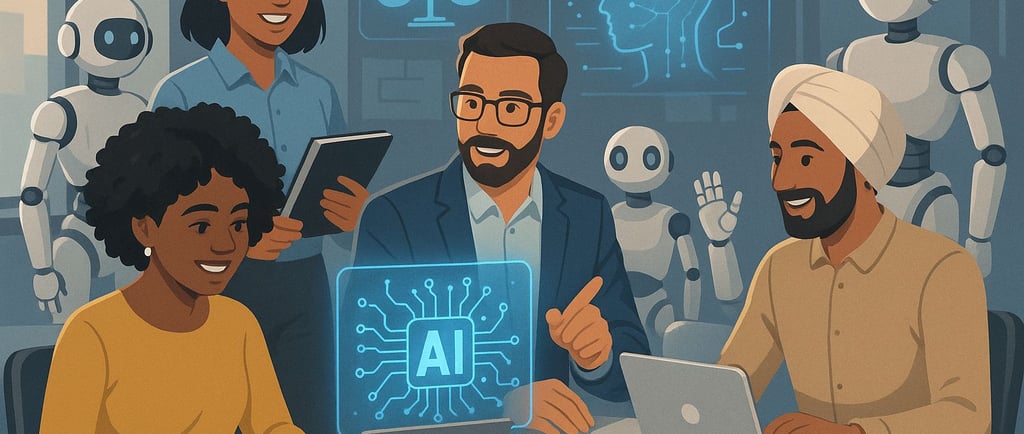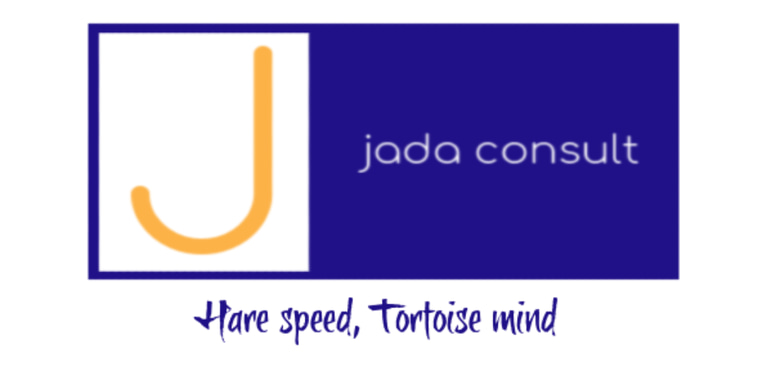What Defines a Valuable Employee in an AI Era?
In an AI-driven workplace, the most valuable employees are those who embrace continuous learning, adaptability, and collaboration with technology rather than competing against it. Success now hinges on a blend of human-centric skills, ethical awareness, and technological fluency, redefining traditional notions of workplace excellence.
GENERALCORPORATE
7/15/20251 min read


Redefining Success: What Defines a Valuable Employee in an AI Era?
As artificial intelligence transforms workplaces, the definition of a valuable employee is evolving beyond traditional technical skills and experience. Success now depends on adaptability, continuous learning, and the ability to collaborate with technology rather than compete against it.
Key Qualities of Valuable Employees:
Human-Centric Skills: Emotional intelligence, critical thinking, and creativity remain uniquely human strengths that complement AI's analytical
Capabilities. These skills enable genuine connection, complex problem-solving, and innovative thinking that machines cannot replicate.
Technological Fluency: Rather than viewing AI as a threat, valuable employees leverage it as a partner to enhance productivity. They serve as bridges between technical and non-technical teams, translating AI insights into actionable business strategies.
Ethical Awareness: As AI's influence grows, employees who advocate for transparency, fairness, and accountability in AI systems become increasingly important. They help organisations navigate moral complexities and mitigate bias.
Organisational Support: Companies must invest in training, encourage experimentation, and promote diversity to help employees thrive alongside AI technology.
Arguably, the most valuable employees in the AI era are those who combine human-centric skills with technological fluency and ethical responsibility. Success is redefined by adaptability, creativity, and continuous learning, rather than relying solely on traditional metrics.
References:
"The Skills Needed in the Age of AI," World Economic Forum
"Emotional Intelligence in the Age of AI," Harvard Business Review
"Ethics and Bias in Artificial Intelligence," MIT Sloan Management Review
Previously posted on my LinkedIn page
Innovative
Leading AI strategies and robust architectural frameworks.
Solutions
Consulting ENQUIRY
clientservices@jadaconsult.co.uk
+44 01908 032996
© 2024. All rights reserved.


Our privacy policy is here : Privacy Policy: Data Protection & User Rights | JaDa Consult Ltd
